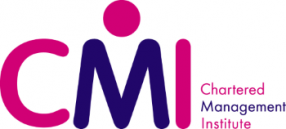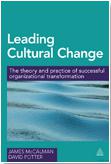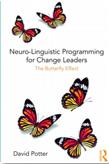Skills employers are seeking in Business School Graduates

At the Cultural Change Company we are passionate about awakening in both students of management, and managers within organisations the belief that they can craft the culture at work that they authentically want to identify with. We have developed a portfolio of successful interventions targeting soft skills development to enable our passion which can be located at https://www.culturalchange.co.uk/training-products
Recently we have been engaged to deliver a Talent Management programme for a cohort of Strategic HRM Students. As part of this project we have been reviewing literature and research that is relevant to this subject. Some interesting research findings have been identified that give us comfort that not only are we following our passion in terms of awakening in students of management their change leadership potential, we are also developing programmes with specific content that has been identified as being required in graduate talent by a range of prominent research collaborations.
For example, research conducted by The Economist (Devine and Syrett, 2014) into Talent Management identified that employers will place a premium on potential employees who can demonstrate talent regards:
- Interpersonal and communications skills
- Agile thinking
- Digital skills
- Global operating skills
Whilst the authors Devine and Syrett (2014) do broaden their account of their skills model, we also reviewed additional research to chunk down into these four meta skill categories and better understand the diversity of primary skills that can be aligned with each of the four main categories above and our findings are posted below.
Probably these findings will not come as a surprise to those leading in organisations, or those involved in the development of Business School degree programmes. Though, in-terms of their organisation into the model above, they are, we feel, incredibly useful as a general profiling tool for general talent development both within the Business School community and in global organisations. For potential Business School Graduates to be able at interview, or in their applications, to evidence these skills in depth with 'concrete examples' arguably gives comfort to prospective employers of their longer term talent potential.
For us, the logic follows that if a student can access a business school that offers a balanced curriculum emphasising all four skills categories in even distribution, thus, perhaps adopting the model presented above, then this may also provide the business school a source of competitive advantage.This is an emerging trend and the early adopters within the Business School community will arguably benefit in terms of student satisfaction, market share and return business as well as strengthening ties with industry and developing Executive Management Education programmes. For example, The Chartered Association of Business Schools acknowledges the merits of integrating soft skills training into the broader academic curriculum. Indeed, some business schools are pioneering approaches such as making the development of soft skills compulsory modules. We are fortunate to work with leading Business Schools here in Scotland who are doing just that.
So for the last 4 years The Cultural Change Company team have been committed to designing a range of management development programmes that emphasise soft skills. We have developed bespoke courses, many available as course outlines at www.culturalchange.co.uk posted under 'Training Products' . We also work across multiple award winning UK Business Schools delivering a range of courses to business students from Influencing Skills to Change Leadership capabilities.Our approach to our business school partnerships is to develop educational and training products drawn from the classic organisational development school complimented with cutting edge methods concerning conscious leadership, mindfulness, coaching, emotional intelligence , and cultural change interventions.




